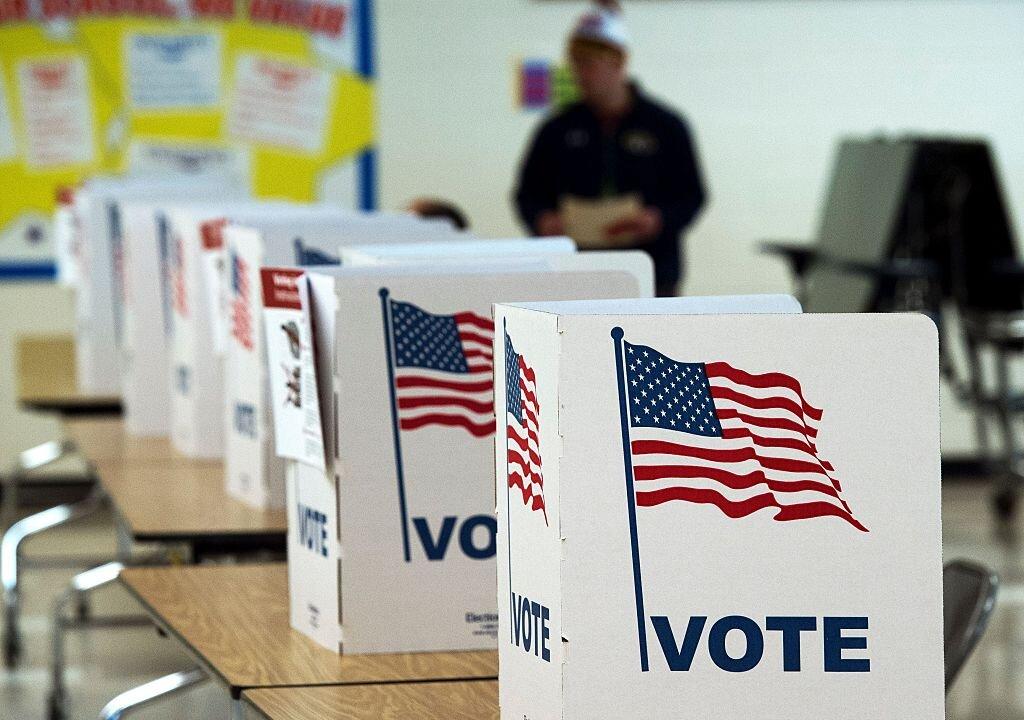On the subject of despot Kim Jong Un and the rogue country of North Korea, President Donald Trump has not minced words. In his first address to the United Nations on Sept. 19 last year, Trump called Kim “Rocket Man” on a “suicide mission” and vowed to “totally destroy North Korea” if forced to do so.
Trump’s actions against North Korea have not been lenient. Last August, with a strong push from the United States, the U.N. Security Council voted 15–0 to impose strict new sanctions on Pyongyang. In late November, Trump put North Korea back on the list of state sponsors of terror for its support of “international terrorism, including assassinations on foreign soil.”




